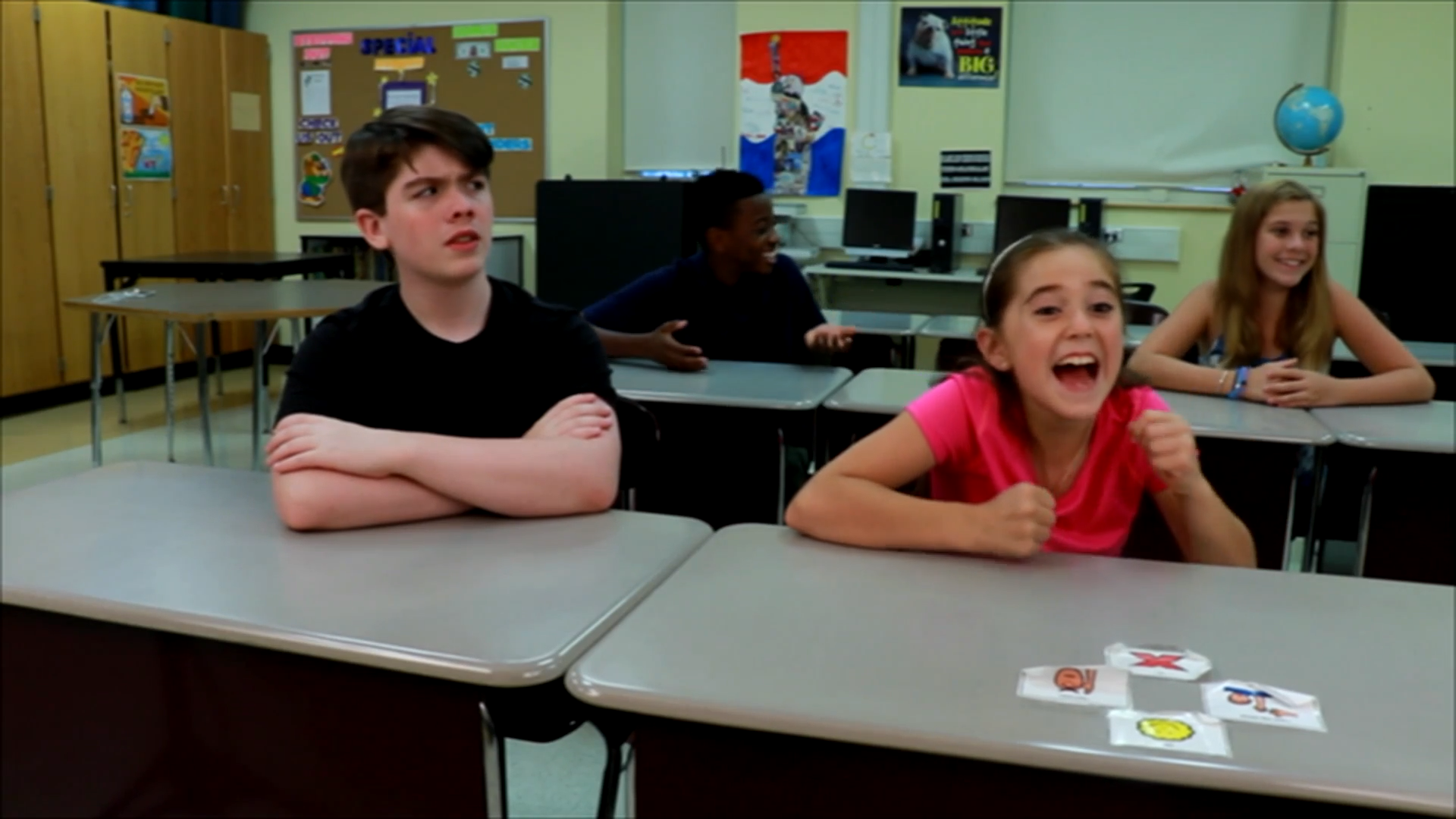
When students are in new situations or doing something they’ve never done before, it can feel intimidating. A valuable skill for students, especially those in special education, is learning to observe others to understand how to act in these situations. This blog post will cover an easy, no-prep activity for educators to support students in developing this skill, as well as discussion questions, related skills, and next steps for further learning.
Introduction
Observing others is a crucial social-emotional learning skill that helps students adapt to new situations and learn from their peers. By observing and imitating others, students can better understand social cues, rules, and expectations, making it easier for them to participate in activities and feel more comfortable in unfamiliar settings. This skill is particularly beneficial for students in special education, who may need additional support in understanding and adapting to new situations.
No-Prep Activity: The Observation Game
This simple, no-prep activity requires no materials and can be easily incorporated into any classroom setting. The goal of the activity is to help students practice observing others and adapting their behavior accordingly.
- Divide the class into two teams.
- Choose one student from each team to be the “leader.”
- Have the leaders stand in front of their teams and perform a simple action, such as clapping their hands, stomping their feet, or jumping in place.
- The remaining students on each team must observe their leader and imitate the action as accurately as possible.
- After a few rounds, switch leaders and repeat the process.
Throughout the activity, encourage students to pay close attention to their leader’s actions and discuss the importance of observing others to adapt to new situations.
Discussion Questions
- How did it feel to observe your leader and imitate their actions? Did you find it easy or challenging?
- Why is it important to observe others when we are in a new situation or doing something we’ve never done before?
- Can you think of a time when you observed someone else to learn how to do something? How did it help you?
- How can observing others help us understand social cues and expectations in different situations?
- What are some strategies we can use to improve our observation skills?
Related Skills
Observing others is just one of many essential social-emotional learning skills that students need to develop. Other related skills include:
- Active listening: Paying close attention to what others are saying and responding appropriately.
- Empathy: Understanding and sharing the feelings of others.
- Nonverbal communication: Interpreting and using body language, facial expressions, and other nonverbal cues.
- Adaptability: Adjusting to changes in situations and environments.
- Problem-solving: Identifying and resolving issues in a constructive manner.
Next Steps
If you’re interested in exploring more activities and resources to support your students’ social-emotional learning, sign up for free sample materials from Everyday Speech. With a wide range of engaging, accessible content designed specifically for special education students, you’ll find everything you need to help your students develop crucial skills for success in the classroom and beyond.

